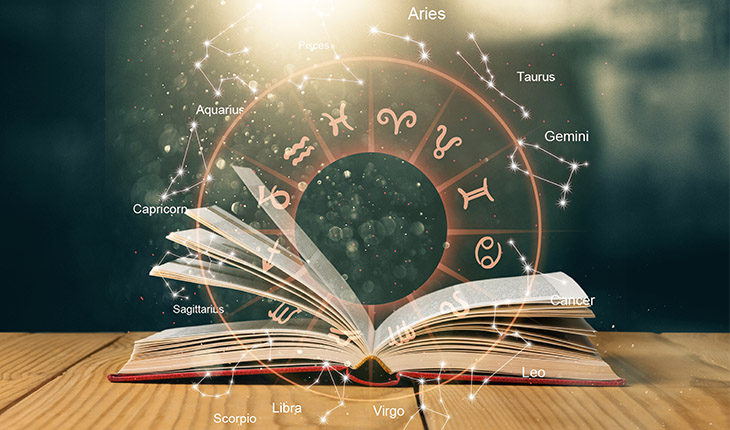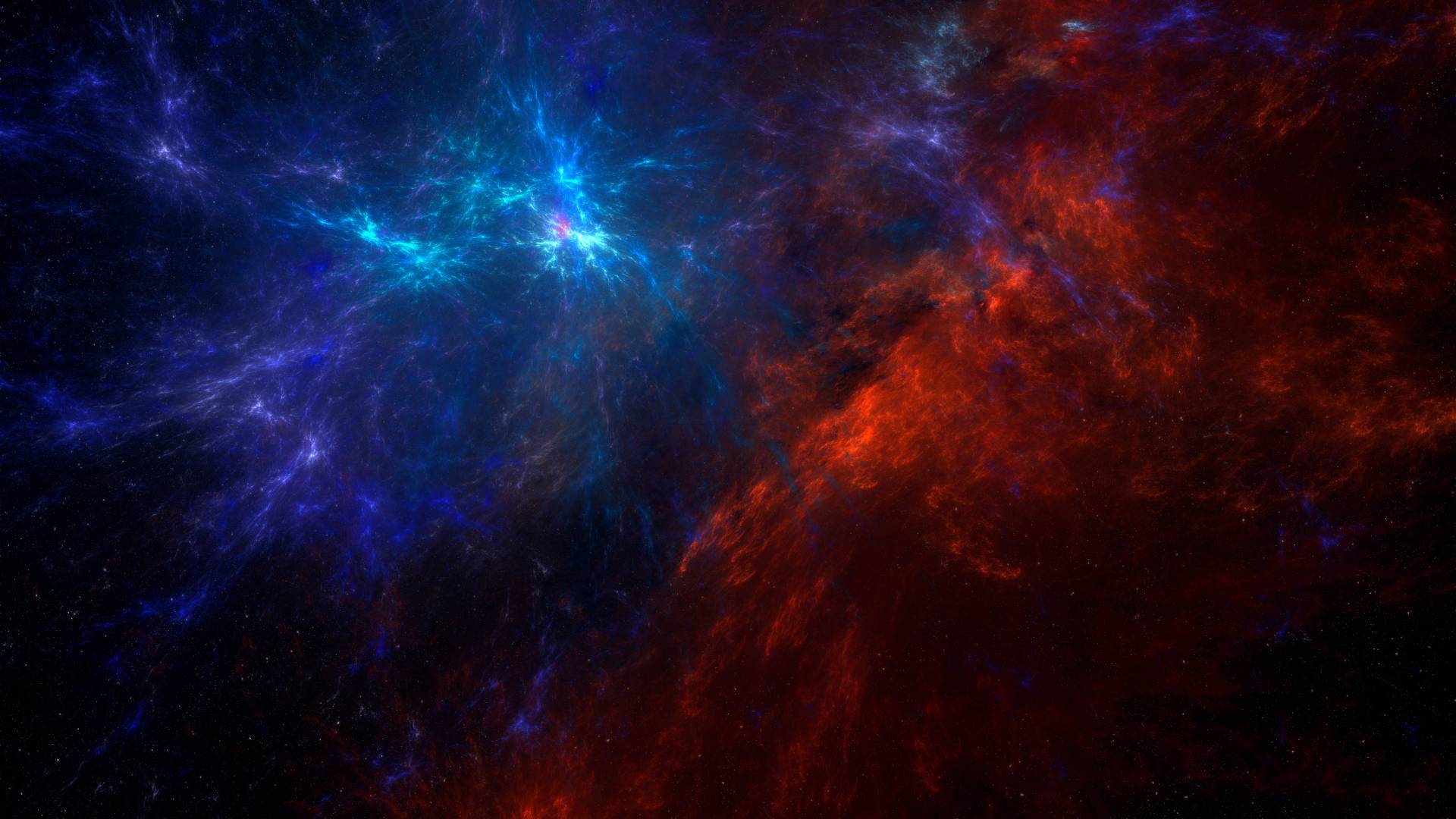Astronomy and astrology are two fields that have piqued human interest over thousands of years in the vastness of the universe. Despite the fact that they both study celestial bodies, their methods and goals are very different. Come along on an astronomical voyage as we disentangle the astrological and astronomical differences, illuminating the mystery surrounding these related but separate fields.
Defining Astrology and Astronomy:
Astrology: an old custom based on the notion that the positions and motions of celestial bodies influence natural events and human affairs. Horoscopes, which are based on the belief that the positions of celestial bodies influence a person’s personality, behaviour, and destiny at the moment of birth, are a part of astrology.
Astronomy: a branch of science dedicated to observing, analyzing, and studying celestial phenomena. Astronomers use telescopes and other tools to study the universe in an effort to understand the formation, evolution, and behaviour of celestial bodies.
Which came first, astrology or astronomy ?
With roots in the Greek word astron, which means “star,” both astronomy and astrology date back to the 12th and 14th centuries, respectively, and they are related to the word disaster. Despite having very different meanings in modern usage, the two terms were interchangeable for hundreds of years.
Even though astrology and astronomy share some historical roots, there is a significant difference between the two fields of study today. The study of the universe and its contents outside of Earth’s atmosphere is known as astronomy. Astronomers study the positions, velocities, and characteristics of celestial objects. Astrology makes an effort to investigate how those attributes, motions, and positions impact individuals and occurrences on Earth. One of the primary drivers of astronomical observations and theories for several millennia was the aim to enhance astrological forecasts.

Difference between astronomy and astrology
In terms of Brainly:
Astronomy is a science that studies everything outside of the Earth’s atmosphere, such as planets, stars, asteroids, and galaxies; and the properties and relationships of those celestial bodies. Astrology, on the other hand, is the belief that the positioning of the stars and planets affects the way events occur on Earth.
Cosmic out:
The positions of the sun, moon, planets, and stars at particular times are primarily used in astrology to create birth charts and horoscopes. These charts can be used to gain an understanding of a person’s personality, relationships, and life events; however, astronomy uses cutting-edge technologies to study and gather information about celestial bodies, including telescopes, satellites, and space probes. By analyzing this data, astronomers are able to learn more about the universe, including the dynamics of galaxies and the birth and death of stars.
Scientific Validity:
In the scientific community, astrology is regarded as pseudoscience. Scientists have not tested or verified the claims made by astrologers, and they are devoid of empirical support. Additionally, the scientific method is embraced by astronomy, where theories are thoroughly examined through experimentation and observation. Peer review is used to ensure that astronomical theories and discoveries are accurate and that new data doesn’t affect them.
Related Contents:
How Close is Mars To The Earth
Where do Black Holes Take You?
Relationship Between Astronomy and Astrology
Understanding the physics of the cosmos is the main objective of astronomy. In an effort to link heavenly events (astrological features, sign positions) with earthly happenings and human affairs, astrologers utilize astronomical computations to determine the positions of celestial bodies along the ecliptic.
Astrology and astronomy similarities
Astronomy and astrology share a common interest in studying celestial objects, including galaxies, planets, stars, and other astronomical phenomena. Both of them acknowledge the presence and importance of these celestial bodies in the universe.
Is astrology a pseudoscience?
A great deal of people think that astrology is a science backed by reliable data and observations. Astrology is as old as astronomy, and although many cultures have practised it, some of which are located thousands of kilometres apart, it was once more closely linked to the study of the stars. This, however, was predicated on an antiquated understanding of the star system and an inability to explain a wide range of natural phenomena.
As we traverse the celestial realms, it becomes evident that astrology and astronomy, though linked by their shared fascination with the cosmos, serve distinct purposes. While astrology weaves narratives of personal destiny guided by the stars, astronomy unveils the broader cosmic tapestry through rigorous scientific inquiry. Understanding the differences between these disciplines allows us to appreciate both the mystical allure of astrological beliefs and the awe-inspiring revelations brought forth by the scientific pursuit of astronomical knowledge.




Creative photography often focuses on expressing the aesthetics of the natural shape.
It is about light rather than surface.
Skilled photographers use soft lighting to convey mood.
Such images emphasize artistry and personality.
Every shot aims to evoke feelings through pose.
The goal is to show human beauty in an respectful way.
Audiences often appreciate such work for its creativity.
This style of photography blends emotion and sensitivity into something truly unique.